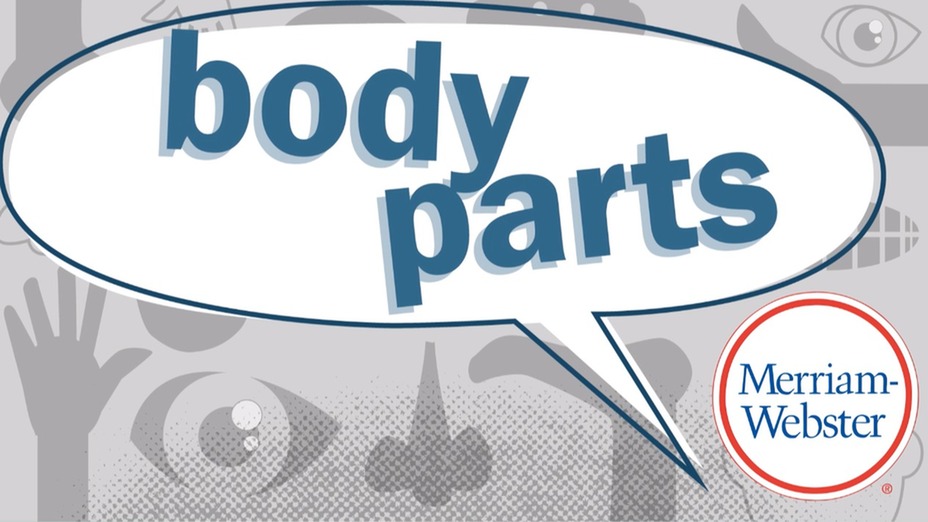metaphor
noun
met·a·phor
ˈme-tə-ˌfȯr 

also -fər
1
: a figure of speech in which a word or phrase literally denoting one kind of object or idea is used in place of another to suggest a likeness or analogy between them (as in drowning in money)
broadly
: figurative language compare simile
2
: an object, activity, or idea treated as a metaphor : symbol sense 2
Love words? Need even more definitions?
Merriam-Webster unabridged












Share